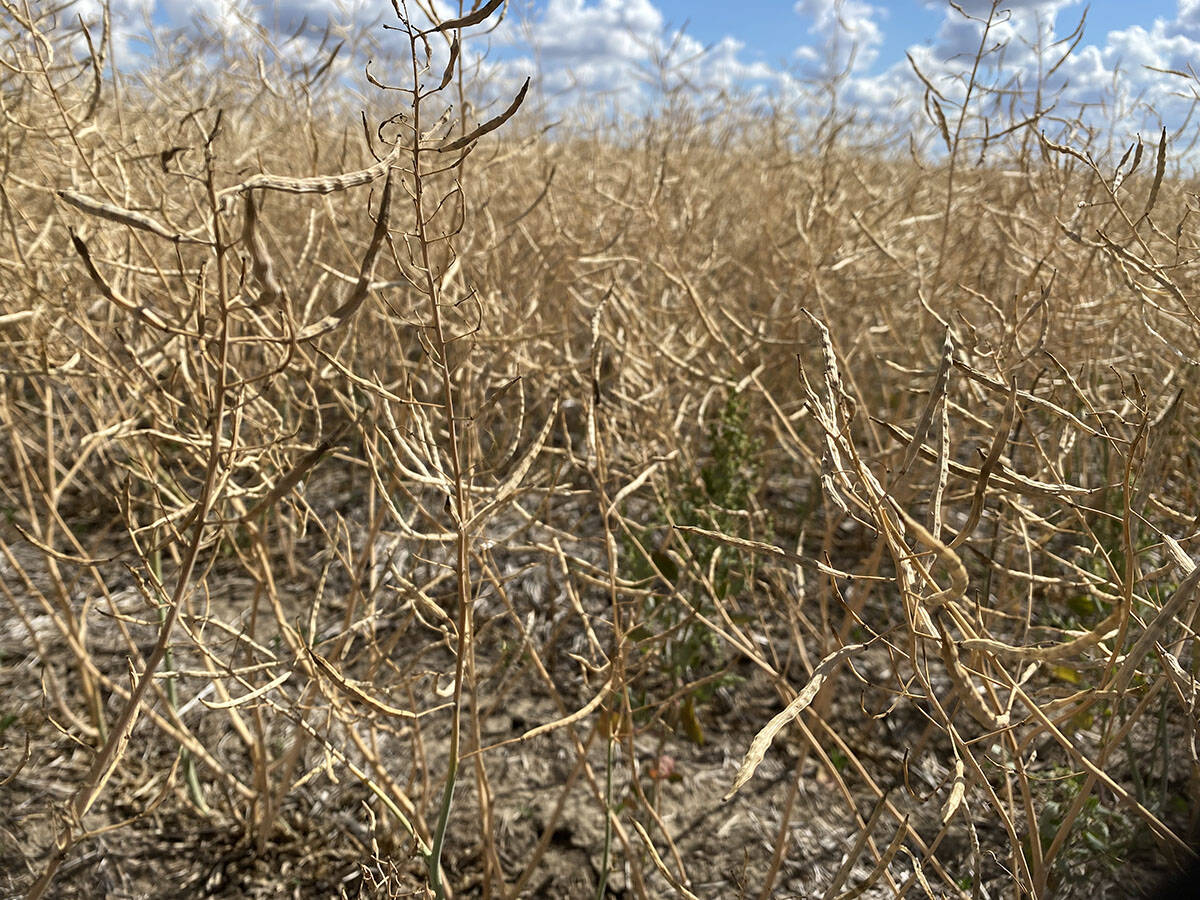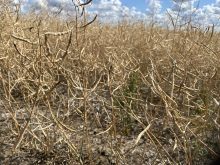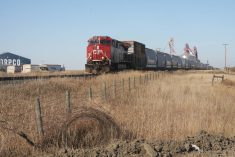People can more easily relate to each other when they work in the same industry and share comparable experiences. Most businesses within the same industry tend to have similar business models.
The business model spells out how a company makes money by specifying where it is positioned in the value chain.
For years, modelling principles have been studied, understood and applied to businesses. The fundamentals of business modelling, which can be applied to farming, include:
- The value proposition: What’s being offered to the market?
- Customer segments: Who are the customers? What are their buying preferences?
- Distribution channels: How to manage and exist with suppliers, processors, distributors and retailers.
- The structure of operations: How and what is being produced?
- Investment: Who are the investors-lenders and/or equity partners?
- Revenue and costs.
Read Also

Crop insurance’s ability to help producers has its limitations
Farmers enrolled in crop insurance can do just as well financially when they have a horrible crop or no crop at all, compared to when they have a below average crop
Businesses typically take inputs and produce economic outputs within an explicitly understood model. Farmers use inputs such as fertilizer, seed, feed and fuel and produce bushels of grain and pounds of meat.
However, they usually do it without fully understanding their business model. This status quo is being challenged.
It is important to understand modelling because many pressure points can play a role in changing the face of a business. They include narrow profit margins, increasing capital and operating investment costs, growing operations and change within the industry. It is too risky to make investment and management decisions without better under-standing the way the model affects how the farm should conduct business.
Existing models in agriculture have been around for a long time and are well understood, such as mixed, diversified and specialized farms. Others are newer and less understood, such as large-scale, value-add or organic farms. Even more leading-edge models are being explored, such as buying a farm in another country, taking on investor equity partners and pooling capital and/or merging farms.
Applying a business model to a farm can have additional challenges that make business model communication strategy more important.
The relationships between family, management and ownership can also create potential for conflicting opinions about risk, investment and management decisions.
Here is a business model process that a family could apply to farming:
- Gain agreement on the future vision for the farm, such as five to 10 years.
Engage shareholders (owners) and stakeholders (other family members who have a vested interest in the farm) in determining the appropriate vision and related strategy for the farm.
- Determine the farm’s existing model.
Examine the farm’s business functions and determine which model applies to your situation.
- Analyze the existing model.
Critically examine the ownership structure and management organization to assess how well they function within the existing model.
- Evaluate the model.
Is the model appropriately aligned with where the family sees the farm business in the future?
Getting into value-add production and significantly increasing the size of the farm can be counter-intuitive. Increasing the focus on a particular enterprise in a multi-enterprise or diversified farm can also create challenges.
If the model does not match the family’s vision of the farm’s future, then determine corrective actions or adopt a different model that will yield the desired longer-term outcomes.
Investment and management decisions made by today’s farmers have a much greater impact on the future of a farm than in previous years. Making ad hoc decisions are risky and will become increasingly so in the future. This will affect your farm’s investments and management strategies.
There is no way to guarantee the future viability of a farm, but gaining a better understanding of the strategy and associated business model will be beneficial.
Terry Betker is a partner with Meyers Norris Penny LLP, working out of the Winnipeg office. He is director of practice development in agriculture, government and industry. He can be reached at 204-782-8200.















